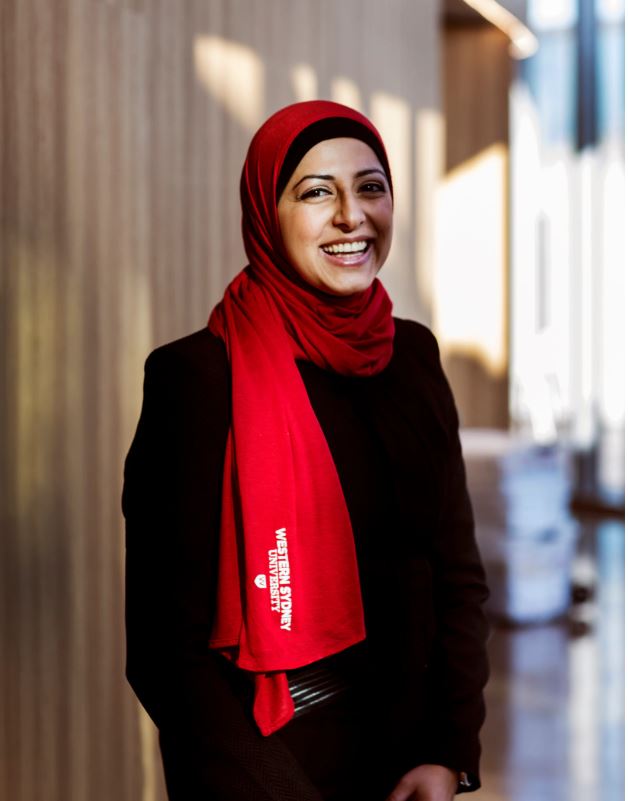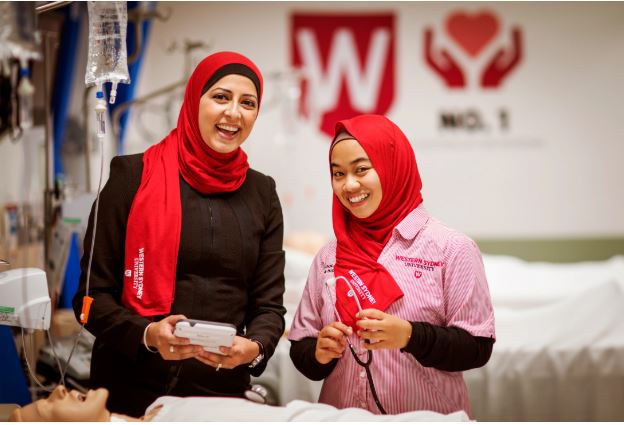Hawzah News Agency (Sydney, Australia) – University is a daunting time for most students, but for Muslim nursing and midwifery students a lack of cultural and religious awareness can make going out on clinical practice even more nerve-wracking.
Simple things like NSW Health's 'bare below the elbow' rule - which mandates health practitioners roll their sleeves up above their elbows when treating patients for hygiene reasons - and having to intimately care for members of the opposite gender can, in some cases, be difficult for Islamic students to navigate.
"Over the past few years, probably the past decade or so, we've seen an increase in the number of Muslim students who were entering nursing and midwifery compared to previous years," Rakime Elmir, a lecturer in nursing and midwifery, told SBS News.
But when Western Sydney University noticed that many Islamic nursing students were dropping out before the end of their degree, they decided to do something about it.
In consultation with community leaders and Muslim students, the university's School of Nursing and Midwifery developed a suite of resources addressing common concerns and last week released Australia's first-ever branded clinical hijab, available as part of the university's nursing uniform.
A Muslim woman herself, Dr Elmir said the key was having Islamic community leaders on board to determine what practices were actually forbidden under the Islamic religion.
"There's a bit of misunderstanding and we really wanted to present clear information for students in a sensitive way," she said.
"We needed a community leader who was able to really endorse this information and say practicing nursing is actually a good thing in Islam, it's doing a good act, you're not caring for the opposite gender for any other reason."
Director of Academic Programs (Clinical) Sue Willis said the Australian-first initiative "closes a significant gap" in resources for Muslim nursing students.
End.


